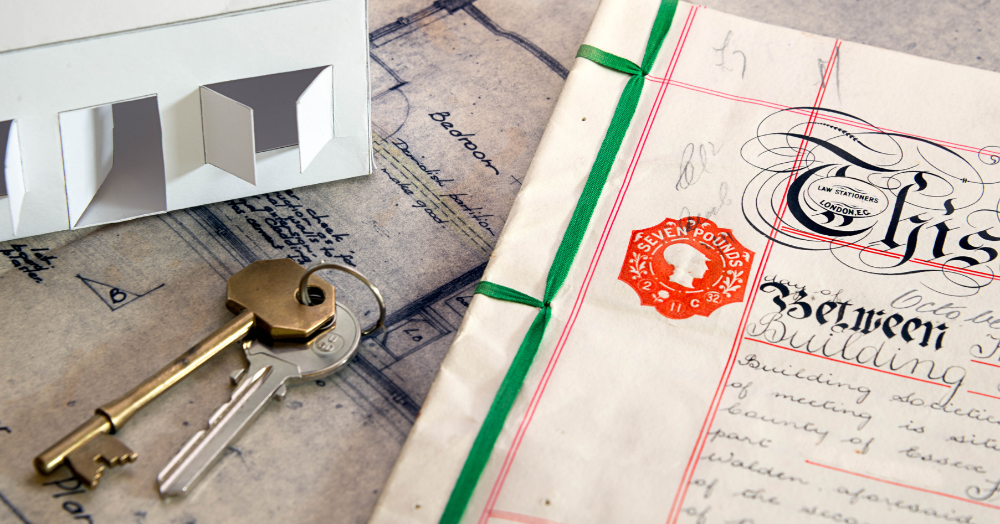
What to do if there's an easement on the property you are trying to buy?
You'll only look at the title deeds for a property in detail when you're either buying a new property or trying to sell one.
Most of the time, the deeds are in the loft in a box of important documents or filed away somewhere safe. You're given them by the solicitor, but at that moment, you only want to get moved in, don't you?
You've employed a solicitor to check everything over, and they've explained everything you need to know.
Your solicitor mentioned something about an easement, but you might not have asked many questions in the excitement and urgency to get a completion date.
Then, the next time it comes up is when you are trying to sell the property, and the buyer's solicitor raises the question again.
And by that time, you've totally forgotten what your solicitor told you when you moved in.
The buyer's solicitor can't progress your sale without clarification about an easement. You can't remember whether you have adhered to the easement or not because you don't know what it is.
So, what is an easement?
An easement is a rule that gives the owner of a property or piece of land the right to use nearby land owned by someone else. A right of way is a type of easement.
And what does it mean?
Your property will either be the servient or the dominant tenement. If you have access to someone else's land, you are the dominant tenement. Or if someone has access to your land, you are the servant tenement.
Why?
Easements allow a property to be built even if a right of access is needed across a neighbouring plot. They also enable drains and services to run across property boundaries in a connected system. To allow a property to be built, there will likely be a crossover of some other land somewhere.
Is it a problem?
No, not usually. Easements are found on almost all property deeds in one way or another. There is no problem with them on the whole.
If you're buying a property, your solicitor will raise queries to ensure that the easements will not pose any problems for you in the future. Once they've clarified the details, they'll include all of this information in the report on the title. This will be given to you before you sign the contracts.
Should you try to get it removed?
There shouldn't be anything that needs to be removed, really. The easement will simply inform you of the rules and rights of way that are connected to the property. For example, suppose your neighbour has a right of access over the driveway to get to their front door. In that case, there'll be no way that you can remove this as the dominant tenement (the neighbour) wouldn't be able to get into their property.
How to get it removed in the UK?
If the easement is a problem, it is possible to have them removed in extreme cases.
There are eight legal ways to terminate an easement: abandonment, merger, end of necessity, demolition, recording act, condemnation, adverse possession, and release, which a solicitor can give further advice if needed.